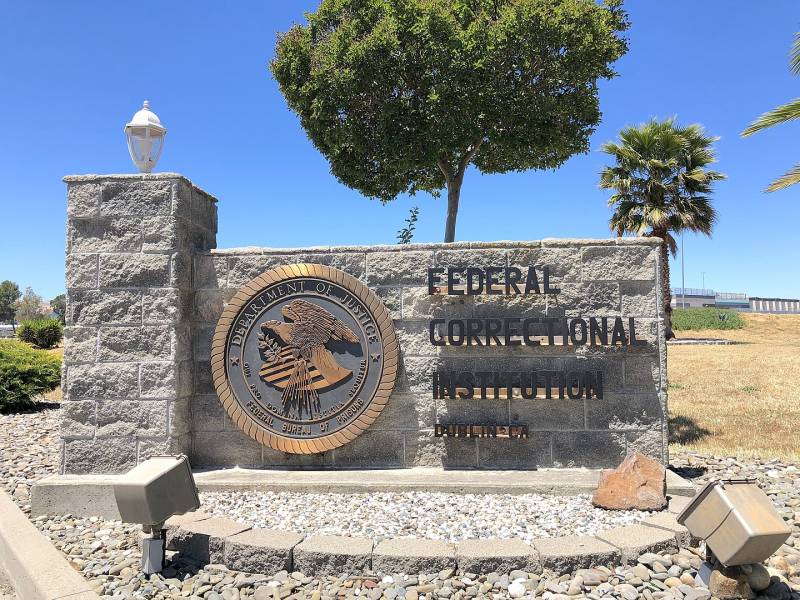The former warden of an abuse-plagued federal women’s prison — dubbed the "rape club" — went on trial Monday over accusations he molested incarcerated women and forced them to pose naked in their cells.
Ray J. Garcia, who retired after the FBI found nude photos of incarcerated women on his government-issued phone last year, is the first to be tried among a group of five workers charged with abuse at the Federal Correctional Institution, a low-security prison in the East Bay suburb of Dublin.
Garcia is the highest-ranking federal prison official arrested in more than 10 years.
In opening statements in federal court in Oakland, prosecutors spelled out evidence they said would show how Garcia's abuse of several incarcerated women followed a pattern, one that started with compliments, flattery and promises of transfers, and escalated to sexual encounters. Garcia, 55, has pleaded not guilty. If convicted, he would face up to 15 years in prison.
An Associated Press investigation in February revealed a culture of abuse and cover-up that persisted for years at the prison. That reporting led to increased scrutiny from Congress and pledges from the Federal Bureau of Prisons to fix problems and change the culture at the institution.
Garcia is charged with abusing three incarcerated women between December 2019 and July 2021, but jurors could hear from as many as six women who say he groped them and told them to pose naked or in provocative clothing. U.S. District Judge Yvonne Gonzalez Rogers said prosecutors can call three additional accusers as witnesses, even though their allegations are not part of his indictment.
One of the women testified Monday that she started developing romantic feelings for Garcia and that their first sexual encounter was in the bathroom of the visitor's area of the prison. The woman, whose prison job was to clean the room, said Garcia told her he knew of several parts of the area that wouldn’t be captured by surveillance cameras.
